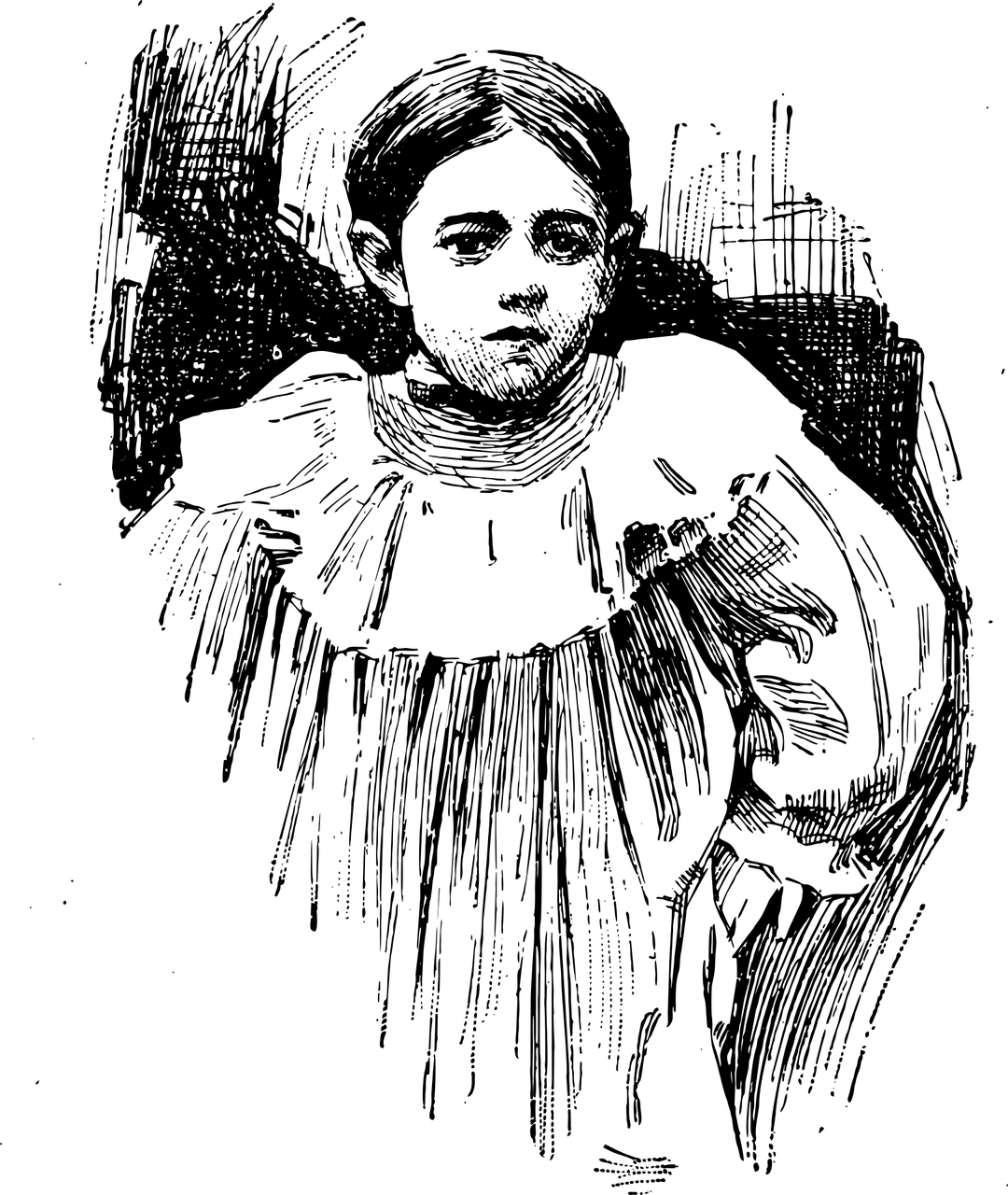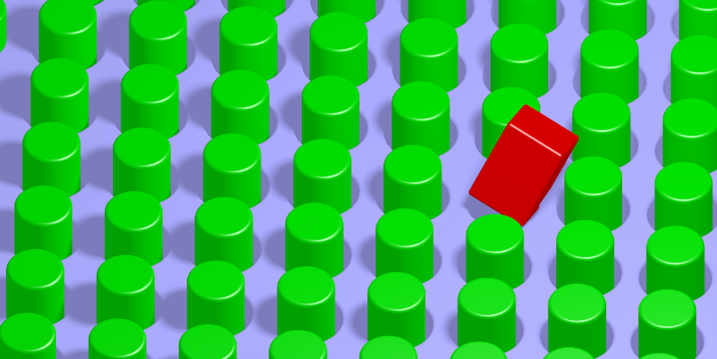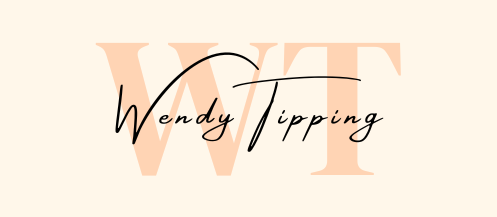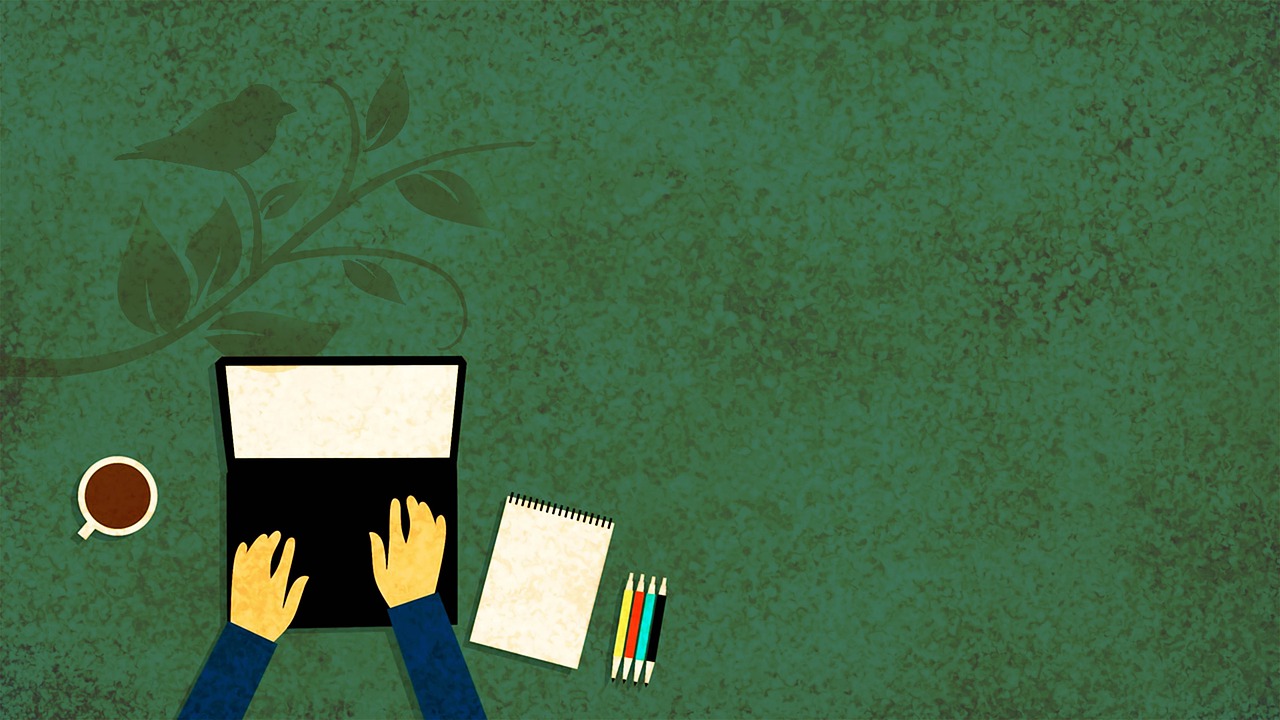Now the fun begins
Recapping on the last blog (Part 1), we considered how and why our souls incarnate, and how the knowledge of our true purpose is lost through lack of recall.
We looked briefly at our soul tribe and how a baby becomes slowly indoctrinated into a world full of various personalities, agendas, systems, and rules.
Now, as the young toddler grows into its 4th and 5th years, it will usually then begin its formal education via kindergarten or pre-school, and beyond. The majority are still choosing this route although there are alternatives, which will be discussed later.
Here, the child becomes more exposed on conforming into today’s modern society – introduced to teacher and authority figures, rules, behaviours, other children, time management, play and creativity restraints – the list goes on.

Further added into the mix is the influx of social media influences which further serve to bombard and/or confuse adolescents into a range of emotions, beliefs, unrealistic ideals, and world views that are all too often detrimental to their mental health and development.
The personality or ego becomes more imbued through the child’s experiences with layers of perceptions, experiences and beliefs that begin to formulate the individual it will carry from this time forward.
A brief history of our education system
Our current education system in western society has its roots in the late 19th century (1800s) and beginnings of the industrial age.
At this time, the poor were not able to access education; it was usually only reserved for the rich. Most could not read or write.
With the rise of agriculture and industrialisation, children became forced into labour to help support the family income. Children were often physically abused to ensure they carried out their duties.
As many families had multiple children, there was always a supply of young workers who fulfilled the need for workers. The requirement for play and exploration by children was often overlooked.
Later, employers began to realise that workers with a base level of education would make them more productive, with a focus on punctuality and an ability to take orders, with less emphasis on reading and writing. It was designed to keep them “punctual, docile and sober.”
Governments and leaders then saw the opportunity to establish the education of youngers to create law abiding patriots, while social reformers saw schools as a venue for protecting children against the hardships of repetitious work and less than ideal conditions.
There was less emphasis on play during these times for the children as this was viewed as a vehicle towards wilfulness and disobedience, so it was often discouraged by early educational institutions. The idea was to instil specific behaviours, ideals, and societal beliefs through repetitive learning.

Stuck in the past
Modern education has become less stringent in its application. It continues to operate mostly by repetitive learning, albeit with a greater array of class topics and teaching methods.
Yet, in many aspects, the schools of today are still stuck in the education model of the past. It pays little regard to the individual child or its needs – physically, mentally, emotionally & spiritually.
“Australian schools are stuck in the industrial era, says Mitchell Institute report” (March 2017).
The report states most schools are not teaching students things like critical and creative thinking, collaboration, and resilience. The report focused on how a changing workforce, with its diversity and technological advances, was not addressed in schools which lacked scope in its teaching models.
Where's the Creativity?
One of the major flaws I, and many others, see with today’s education system is its pigeon-holing of children and its lack of encouragement of creativity and imagination.
Creativity itself covers many aspects of human potential – it’s not just about dancing, painting, or writing – anything that promotes work, theories, techniques, or thoughts can be considered creative. You can just as easily be creative washing the dishes, enhancing the balance of the home environment, as you can developing a software program.
From a soul perspective, each of us has something to offer – we incarnate with unique gifts and traits which, if harnessed, serve to benefit everyone. Unfortunately, many of us have no idea, or have lost touch with, exactly what our gifts are.
Lack of Creativity Focus
Sir Ken Robinson, in his popular TED talk on “Does education kill creativity?”, offers a compelling argument on how this is accomplished.
In his observations, Ken states that as a child, “you were most likely steered away from things you liked as a kid on the grounds that you would never get a job doing that.” And further, “All kids have tremendous talents, and we squander them”.
He noted that most education systems around the world are focused above the waist, in the head and to one side (left side of the brain) and the ones that succeed the most are the “head cases” (referring to the intellectuals including professors of the world).
“We need to radically rethink our view of intelligence” and recognise that children’s capacity for innovation should be encouraged. Yet, kids become frightened of being wrong and we stigmatise mistakes. Whereas if you take a chance and have a go, they’re not frightened, they just do it.”
“Creativity now is as important as literacy”, Sir Ken believes, and I agree. I would take this further to state that encouraging our creativity is vital in becoming a truer version of who we truly are.
In the education system, mistakes are vilified yet in real life, mistakes are what make us who we are. Without them, there can be no personal growth, wisdom, or awareness.

Education fails to deliver
In my humble opinion, in today’s world, most children are subjected to a 12-year system of education that, whilst providing many positive teachings of the basic requirements, fails big time in providing the most important aspects imperative to operating in a world beyond schooling.
How many young people have you ever asked, “What are you planning to do out of school?” with the response of, “I don’t know.”
Then there is the high drop out rate or the children that are “left behind” due to the fact they are not the round peg designed to fit into the square hole.
To me, this is indicative of a system of education that does not work. It’s an absolute failure to send kids out into adulthood without a clue as to who they really are, and what they have to offer the world.
Perhaps this is one of the reasons for such high rates of anxiety, depression, mental illness, and suicide. Many individuals are simply lost because the “system” hasn’t recognised them as individuals; as unique creatives who have something of value to offer to the world.
Perhaps it’s time we started recognising uniqueness, fostering self-awareness, resilience, and universal truths.
For the time being, though, we must make do with the current model. But progress is coming, slowly but surely.
Progress being made
Many schools, both here in Australia and across the globe, are beginning to incorporate practices such as mindfulness, meditation and yoga into their curriculum. This is a means of helping students cope with the stresses and grind of education – see here.
Organisations like the Steiner and Montessori Schools, established early last century by Rudolf Steiner and Maria Montessori, are alternative options which many parents see value in. There are also a growing number of parents who are now home schooling their children as they reject the current model in western society.
The world at tipping point

A rise in global consciousness prompted by recent world events is seeing more and more people asking questions. They are asking questions about education & health, our governments, financial institutions and much more.
The Universe is prompting humans to take greater control of our sovereignty and seek to eradicate the world of systems and paradigms that no longer serve us.
There is strong evidence already that many humans are no longer satisfied to accept the status quo. There have been recent large scale protests, greater community spirit and more voices are being heard.
This needs to continue for us to evolve from what we currently are into a more compassionate, soulful, and conscious version of ourselves. We need to give consideration into the type of world our future generations will be born into. Will we choose the old model that has led us down a less-than-positive road? Or will we walk a new pathway encouraging human potential and individuality while promoting love, compassion, and gratitude for all that is?
Personally, I’m hopeful for the latter.
Coming up...
we’ll be looking at Soul Contracts – what they are and how they impact us in each incarnation.

